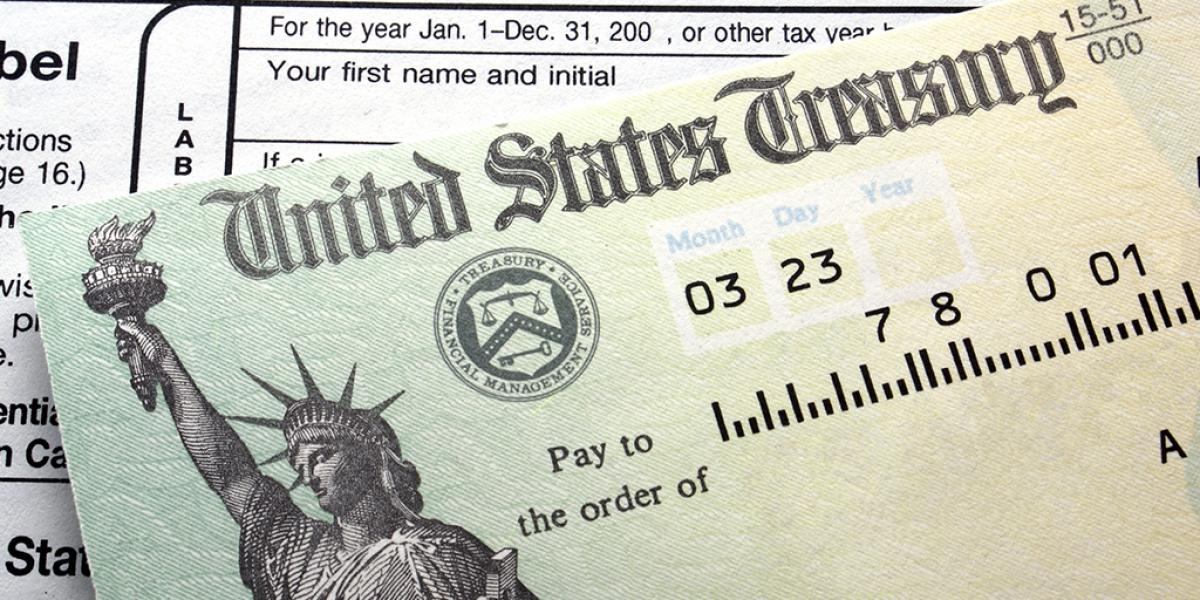The National Taxpayer Advocate, an independent organization within the IRS that helps taxpayers liaison with the IRS, released its 2021 Annual Report to Congress at the beginning of this year. This report emphasized 10 significant problems experienced by taxpayers during 2021 and offered administrative and legislative recommendations to help mitigate those problems. A few of these problems were related to tax refunds:
- Processing backlogs led to long refund delays. Paper returns took at least eight months to process, and it is taking the IRS anywhere from 20 weeks to more than a year to process amended returns.
- The IRS took months to process taxpayer responses to its notices, further delaying refunds. The normal processing time for these notices, which often require a response from the taxpayer, should be 45 days. However, in 2021, processing time took six months or longer, which in some cases led to refund delays.
- The IRS’ “Where’s My Refund?” tool often was not helpful. The IRS encouraged taxpayers to use an online tool to check the status of a refund rather than calling for information, but the system often generated responses that could not explain status delays or provide more information. This resulted in taxpayers needing to call for the information.
2022 Refund Delays
Unfortunately, refund delays are expected to continue into 2022. As of the beginning of May, the IRS still has 12 million current year, prior year, and amended individual tax returns to process. The majority of these unprocessed returns were paper filed.
According to the IRS, certain tax returns are taking longer to process, including those that:
- Require an amount correction to either the Recovery Rebate Credit or Child Tax Credit
- Are incomplete or contain errors
- Are affected by identify theft or fraud
- Include Form 8379, Injured Spouse Allocation
- Need further review
For tax returns with the Recovery Rebate Credit, Earned Income Tax Credit, and Additional Child Tax Credit, it has been taking the IRS more than 21 days and up to as much as 90 to 120 days to issue refunds. Amended returns may take more than 20 weeks to process.
If the IRS has discovered an error in your return, it will contact you by mail if it needs more information to process your return. The IRS asks taxpayers not to file a second original or amended return or to contact the IRS about the status of a return.
As a reminder, the IRS will never use email, phone calls, text messages, or social media to initiate contact with a taxpayer to request personal information. Information on how to report phishing and other scams to the IRS can be found here.
Tracking Your Refund
The IRS has provided the tools listed below to track the status of your return and refund information. To access this information, you will need your Social Security number or ITIN, your filing status, and the exact amount of your refund as reported on Form 1040, Line 35a.
If it has been four weeks since the IRS issued your refund and you have not received it, you can ask the IRS to do a refund trace.
Note, if the IRS is still processing your return or correcting an error, it will not be able to provide a specific refund date. If it has been longer than 21 days after electronically filing or six weeks after mailing your return, you can call the IRS Refund Hotline at 800.829.1954.
For more information, contact one of our professionals or submit the Contact Us form below.

